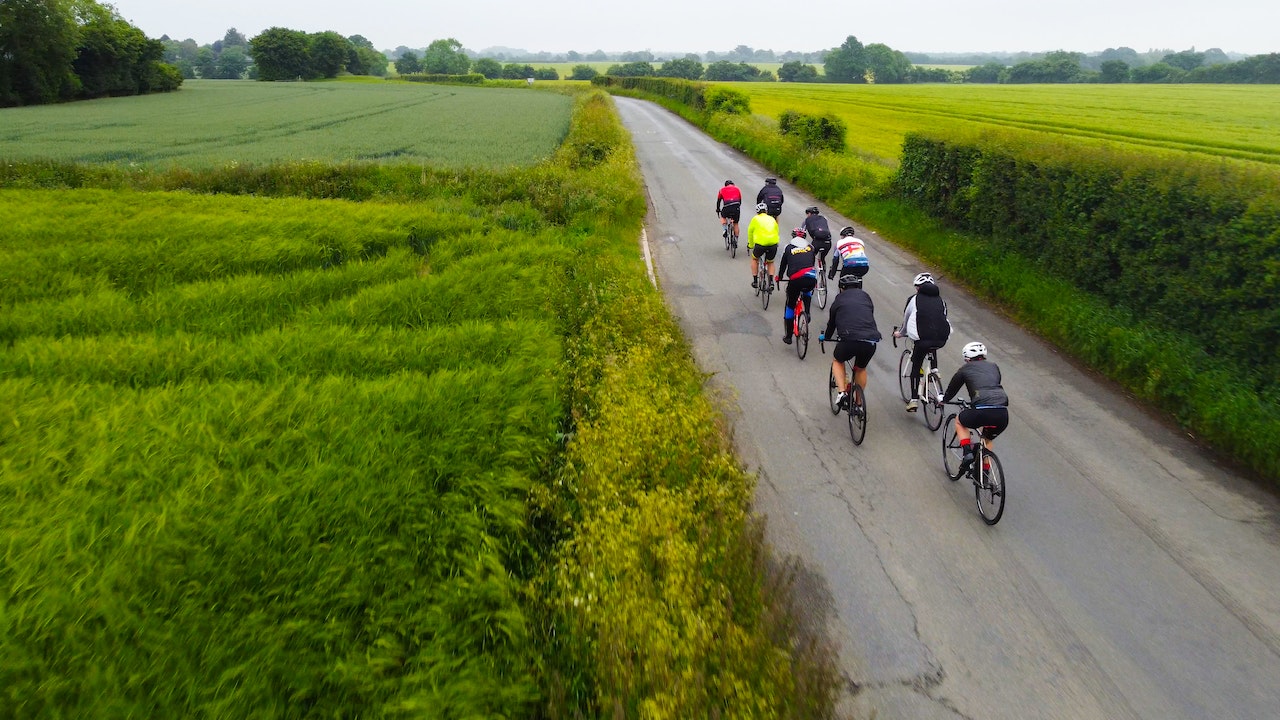Research is messy and full of failed attempts. Trying to protect students from that reality does them a disservice.
In “Why I teach my students about scientific failure”, Jennifer Lanni discusses the experience of giving students failed western blot results and the discussions these triggered. The students’ deception of not having precise results stimulates deep discussions and potential troubleshooting routes.
The text resonated with some of the feelings I always had. When presenting seminars and in group meetings, I frequently felt I hid some of the mishaps in my project. I try showing the things that worked instead of showing the process and troubleshooting behind the failed experiments. The text opened my eyes to academic honesty and how we all could benefit from showing “some weaknesses”. It also gave me a better understanding of how open data would benefit us all in the scientific community and how different groups could learn from others’ failures. I believe in a world with more dissemination and open failure communication, less data fabrication and fraud would exist.
References
Why I teach my students about scientific failure, AAAS Articles DO Group. (2021). https://doi.org/10.1126/science.caredit.acz9901.

This article was written by André Plath and Giulio Cavaliere as part of a series articles curated by BioTrib’s Early Stage Researchers.
André is one of BioTrib’s Early Stage Researcher‘s who is investigating Boundary Lubrication of Fibrous Scaffolds at ETH Zürich, Switzerland.

